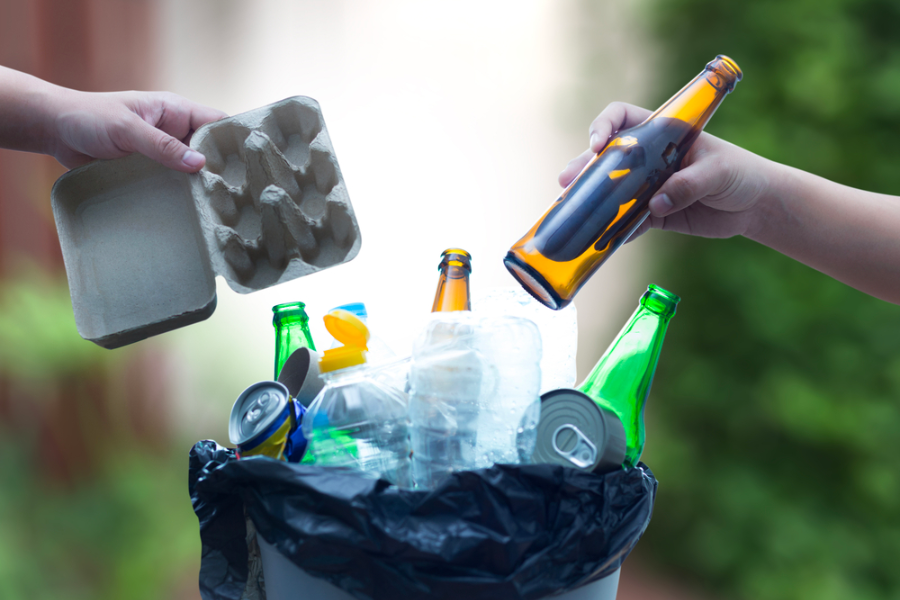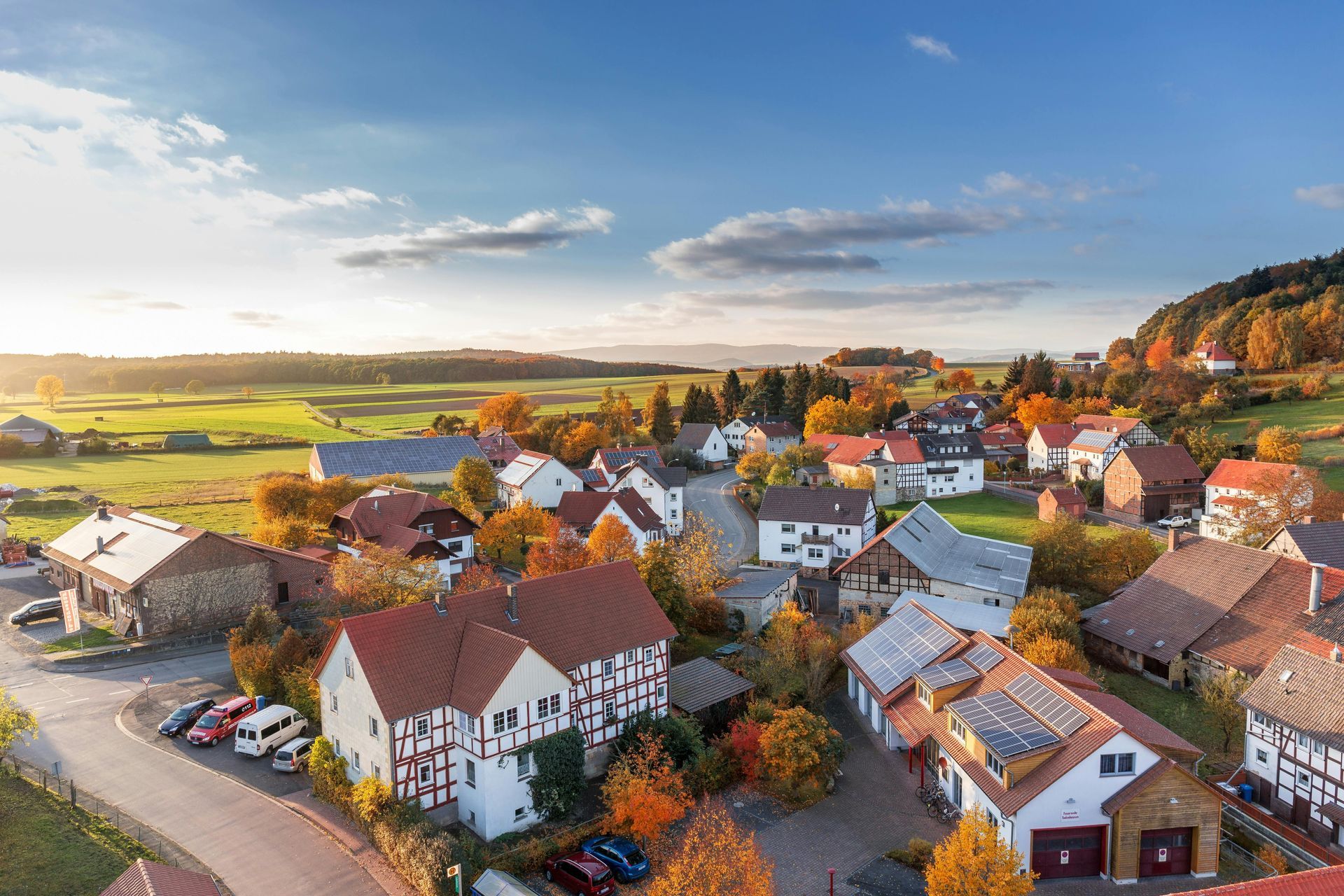Bulk Handling Systems (BHS)
We are pleased to welcome Bulk Handling Systems as a new Sustaining Advisory Member to Northeast Recycling Council
Founded in 1976 and headquartered in Eugene, Oregon, Bulk Handling Systems (BHS) designs, manufactures and installs processing systems that extract recyclables from the waste stream. BHS is a worldwide leader in the innovative design, engineering, manufacturing and installation of sorting systems and components for the solid waste, recycling, waste-to-energy, and construction and demolition industries.
The company’s areas of expertise include the following:
- Municipal Solid Waste: BHS developed the first Municipal Solid Waste (MSW) recovery system in the U.S. to keep 70% of waste out of the landfill, capturing 90%-99% of high value commodities like PET plastics — on the first pass.
- Single Stream Recycling: BHS manufactures sorting equipment designed to automatically separate commingled single stream recyclables into valuable commodities.
- Plastics Recycling: The company’s front-end systems are a vital step in purifying post-consumer recycled PET (rPET) for a variety of uses including bottle-grade flake, pellets, bottle preforms, extruded sheet and thermoform packaging. In addition, these systems recover other recyclables including metals, aluminum & other plastics.
- Compost and Organics: “Our in-line Tri-Disc screens have successfully refined wood products and green-waste for decades,” the company states. “As our customers dig deeper into the waste stream, we are leading the way with our screening, air separation, anaerobic digestion, and compost solutions.”
Subsidiaries wholly owned by BHS include Nihot (Amsterdam), NRT (Nashville, TN) and Zero Waste Energy (Lafayette, CA). BHS is also the home of Max-AI® technology, a breakthrough artificial intelligence that identifies materials, makes intelligent decisions and directs equipment such as robotic sorters.
“As we look toward the future, we see waste management companies, recyclers, and municipalities around the world facing changing material streams, unprecedented diversion expectations and a new drive toward creating energy from waste,” the company states. “BHS continues to set the pace by developing innovative solutions to these challenges, ensuring our customers will lead the industry now and in the future.”
Regional Sales Manager Todd Rubendall said, “BHS is delighted to become a member of NERC! In addition to enhancing our company presence in the Northeast and exhibiting our full range of capabilities, we are excited to learn from, and collaborate with fellow industry leaders and forward thinkers throughout the region. We look forward to the opportunity to play a key role in achieving the collective aspirations relating to environmental sustainability and a circular economy.”
NERC welcomes BHS to its roster of Sustaining Advisory Members. We look forward to learning more about the company’s efforts to add quantifiable improvements to the recycling process and collaborating to improve the process even more.
For more information about Bulk Handling Systems click
here
Share Post





